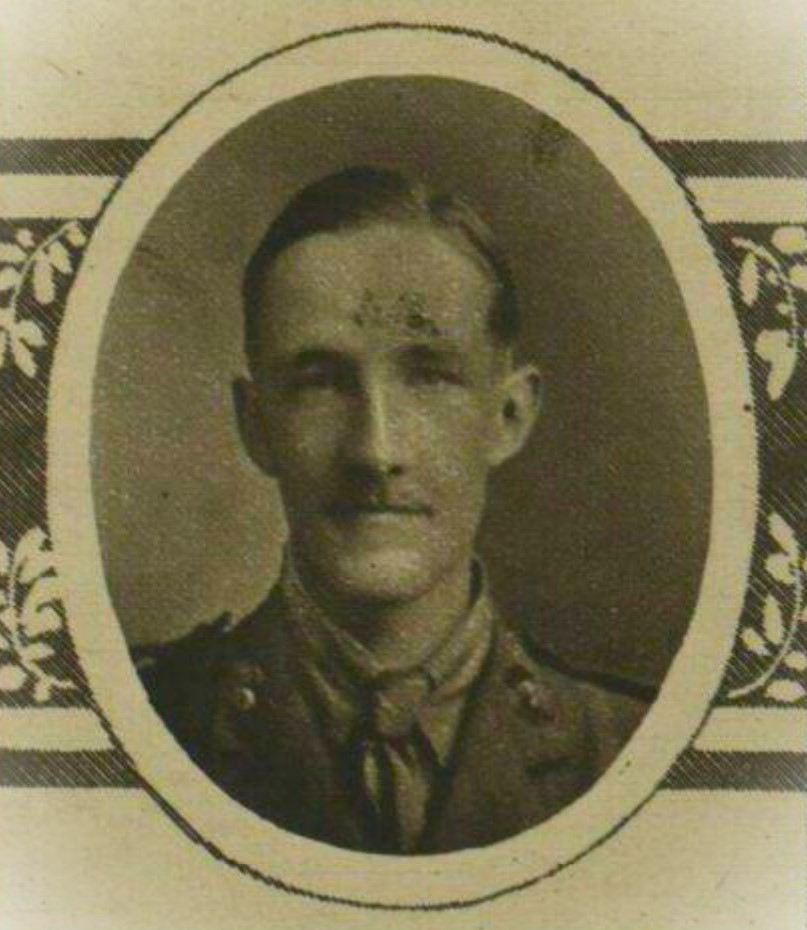Early Years
Arthur Galbraith was born in India on 22 Jul 1897 and baptised on 8th September 1897 in Quetta, the son of a Major General, and grandson of a Lieutenant-General.
Typical of children born to parents serving abroad, Arthur was educated in the United Kingdom. And perhaps with the army in mind, his parents chose to send him to the United Services College at Westward Ho! Devon which had been established with the purpose of developing its pupils for a career in the Royal Navy or the British Army. Arthur attended the USC 1911/12 and, on the college’s amalgamation with Imperial Services College at Windsor between 1912/15.
Arthur went on to attend Royal Military Academy Woolwich, and could well have gone onto attain senior rank in the Regular Army as his father and grandfather did.
Helen Handcock married William Galbraith in 1896, and the following year became both mother (to Arthur) and Lady Helen Galbraith, upon the General’s appointment to the Knight Commander of the Order of Bath. A younger son, Ian, was born before the family returned to the United Kingdom upon Sir William’s retirement.
In 1901 the family were living at Abinga, Lansdowne Road, Bournemouth, but they later moved to Lutwyche, Malvern Wells (on Grundy’s Lane). It was here that that Sir William died in 1906.
War Service

Arthur Galbraith with his company on commissioning from the RMA Woolwich, May 1916. Galbraith is centre of the third row. (Picture: The Sandhurst Collection).
Arthur Galbraith passed out of Woolwich Academy in May 1916. He landed in France on 5th November 1917, and was gazetted Lieutenant shortly afterwards. He served as an officer with the Royal Garrison Artillery, providing artillery support to the front line as part of Heavy Artillery Groups (HAGs), later known as Brigades. The membership of these HAGs was fluid and individual battery war diaries have not survived or were not kept. 285 Siege Battery formed part of 99th HAG (later Brigade) which in turn formed part of First Army artillery.
During July 1918, they moved to Second Army area around Ypres. At the beginning of September they had been in action firing on targets around Bailleul, Dranoutre and Kemmel for several weeks. On 31st August German forces withdrew from Kemmel, and there followed a week of gas bombardments on both sides. The Lahore Civil and Military Gazette subsequently reported that Arthur was wounded on this date, and subsequently died in a base hospital. He was buried at St Sever Cemetery Extension, Rouen, the location of several base hospitals.
Further research is required to trace Arthur’s postings. 285 Siege Battery, RGA was formed at Portland, Dorset on 31st October 1916, joined 99th Heavy Artillery Group in December 1916 and had landed in France ahead of Arthur in March 1917. He may well have served with other units prior to his death in September 1918.
Commemoration
A plaque was erected at St Peter’s, Malvern Wells by his mother. When the church was closed this was stored at Malvern Wells Cemetery Chapel. It has recently been restored and rehung in the chapel by local volunteers.
The United Services College, Westward Ho, Devon amalgamated with Imperial Service College in Windsor in 1912 and then moved to Haileybury College, Hertford Heath in 1942. So in addition to Malvern Wells, today, Arthur Galbraith is also commemorated on the Haileybury College Cloister Wall Memorial, Hertford Heath.
References:
Commonwealth War Graves Commission
Illustrated London News 26/10/1918
Civil & Military Gazette (Lahore) 6/12/1918
1901 Census Online: The National Archives
99 Brigade RGA War Diary: The National Archives WO 95/397
Paul Ferris
Malvern Memories Facebook Page 2023
Herts at War Website 2023.
The Sandhurst Collection





